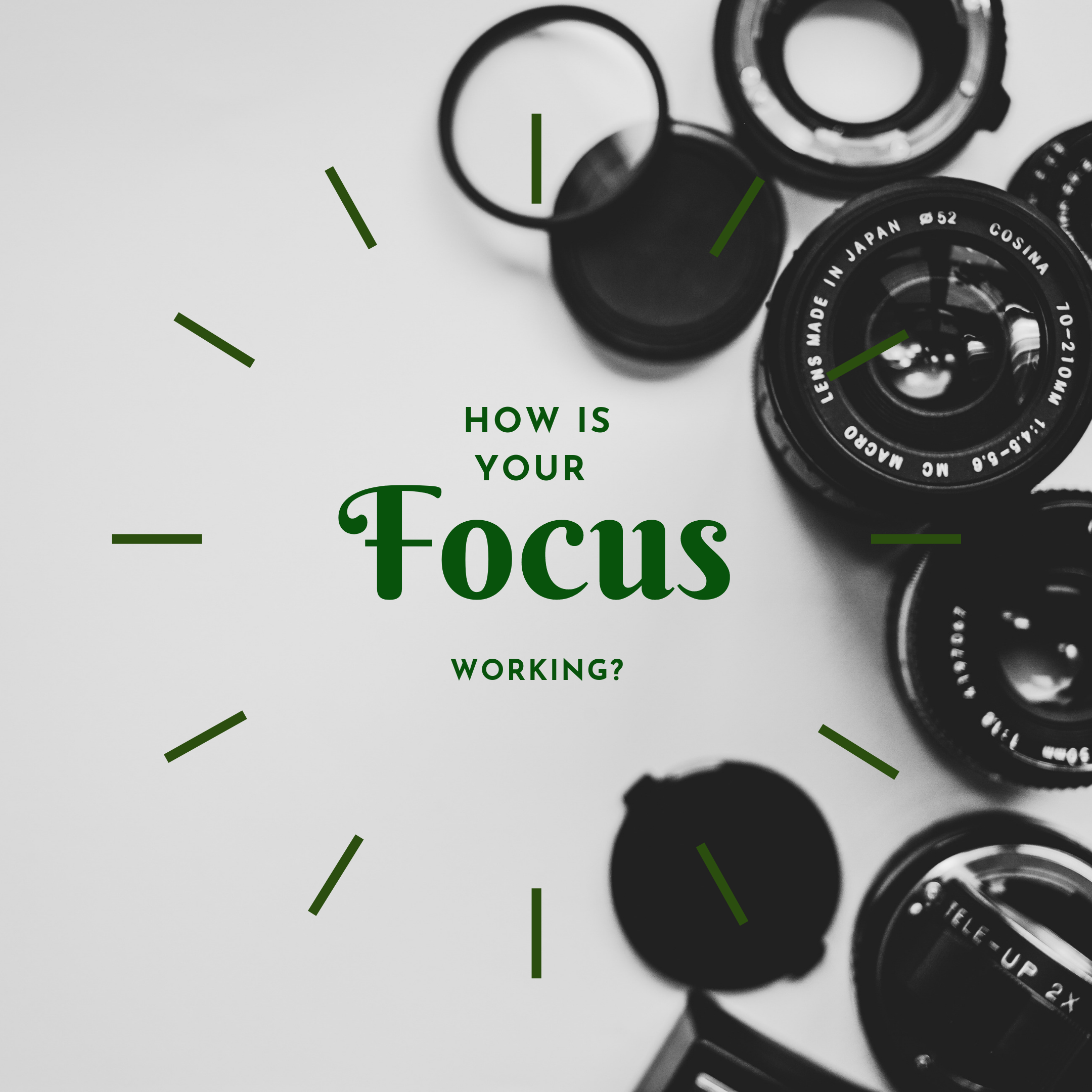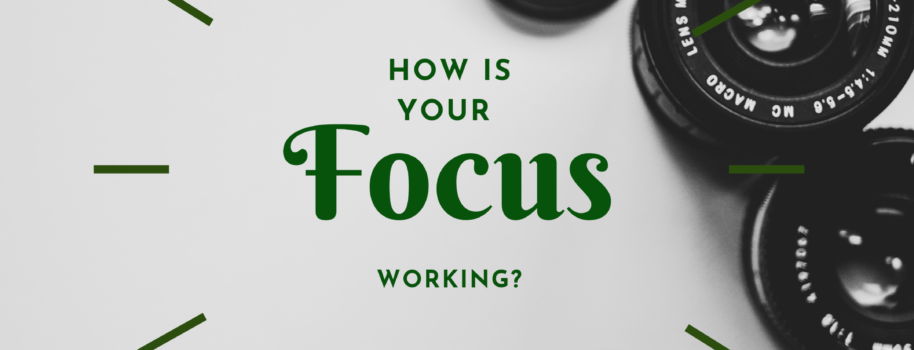Modern cameras are pretty amazing. In an instant they allow us to capture and freeze memories. It takes only seconds to transform an image existing in the scope of our vision into a timeless digital recreation.
Part of this magic lies in the camera’s almost instantaneous auto-focus feature. From the moment we point our lens at a target, the camera’s “brain” begins searching for things to focus on. After analyzing the entire frame with mind-boggling quickness, it makes a guess about what we wanted it to capture.
To focus on an object, cameras use programmed “focal points”. Your old point and click from 2003 might have had 1 to 3 focal points. Most cameras now will have at least 11 focal points while some have upwards of 50.
These dots (as they are seen on your camera screen) tell the camera where to “look” for something to focus on. Most of the time, cameras will guess correctly about what we want to capture.
Sometimes though, they get it wrong.
They’ll create a crystal clear image of a tree in the background while trying to snap a photo of our Starbucks in the foreground. Or maybe we’re trying to get a great shot of a gorgeous sunset and our camera thinks we’re trying to immortalize the fence post between us and the setting sun.
In these moments, we can switch on our camera’s override system, manual focus. While we admire the modern wonders of auto-focus, we also acknowledge that in this moment, it’s just not as helpful as it wants to be.
Now, with manual focus switched on, we become more conscious. We carefully select where to focus. We zoom in and out with intention. We adjust the “depth” of the photo to include more or less background in focus. We see the same scene through our lens, but with a much different perspective.
What would this metaphor look like in your own life?
Our brains work like the auto-focus function. They try to look at a scene and very quickly decide what’s important. Usually, they’re pretty good at getting this right. Sometimes, though, our minds focus on entirely the wrong subject.
What has your brain learned to focus on? What are it’s focal points as it observes yourself, your relationships, your body, your work?
Is it how others think of you? Has it learned to feel ashamed? Have you learned to see the worst case scenario through an anxious lens? Is your mental camera fitted with a hopelessness lens?
Can you imagine what it might be like to learn to recognize these blurry images and switch on your manual focus? What would it mean for you to be more intentional about the way you speak to yourself?
About Ben
Ben Taylor is a counselor in Johnson City, TN. He provides counseling for adolescents, adults, and couples. He specializes in treating Anxiety related concerns including OCD, Panic, Social Anxiety, and PTSD. He also works closely with couples seeking to increase effective communication, navigate infidelity, and rekindle past romances.
Ben sets himself apart of other counselors by making therapy a more personal experience. He works well with clients new to therapy and challenges the notion of what it means to be in therapy. Ben strives to make therapy a more normal experience by developing a sincere interest in his clients, balancing humor and honesty, and offering a non-judgmental space for creating your ideal self. He takes pride in creating a counseling experience that is genuine enough for laughter and tears but honest enough to talk about what needs to be changed.
When you’re ready to experience counseling that moves you towards your ideal self or relationship, email Ben by clicking below.

